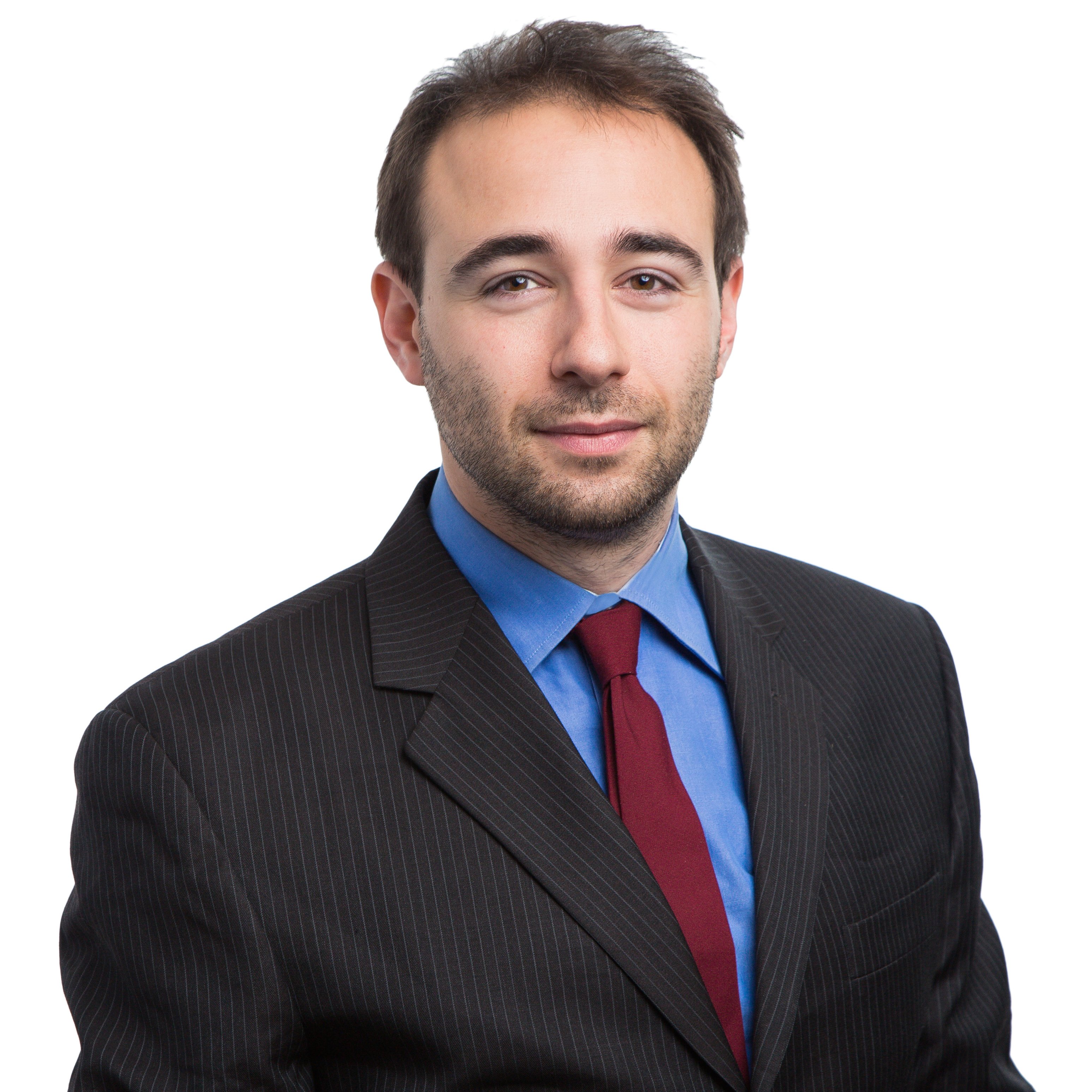An In-Depth Exploration Of His Life And Work

Yascha Mounk is a prominent figure in contemporary political theory, known for his insightful analyses on democracy, identity, and the challenges of modern governance. As an author, professor, and political commentator, Mounk has gained recognition for his ability to articulate complex ideas in an accessible manner. This article delves into his biography, key contributions, and the impact of his work on today’s political landscape.
In an age where democracy is often questioned and the fabric of society appears to be fraying, Mounk’s insights provide a critical lens through which we can understand the dynamics at play. His passion for democracy and the importance of civic engagement resonate deeply in his writings, making him a key voice in our current discourse. This article aims to provide a comprehensive overview of Yascha Mounk’s life, his academic background, and the themes that permeate his work.
By exploring Mounk's biography, significant contributions, and current projects, we hope to shed light on why he is regarded as a leading thinker in political theory today. Join us as we navigate the intricacies of his ideas and their relevance in our increasingly polarized world.
Table of Contents
Biography of Yascha Mounk
Yascha Mounk was born in Germany and later moved to the United States, where he became a leading voice in political theory. Mounk combines his European background with his experiences in American academia, giving him a unique perspective on the challenges facing democracies today. He is currently a professor at Johns Hopkins University and a contributing writer at The Atlantic.
| Date of Birth | March 31, 1982 |
|---|---|
| Nationality | German-American |
| Education | Harvard University (Ph.D. in Government) |
| Occupation | Political Theorist, Author, Professor |
Early Life and Education
Mounk's early life in Germany was instrumental in shaping his views on democracy and governance. He pursued his undergraduate studies at the University of Göttingen before moving to the United States for his graduate education. At Harvard University, he earned his Ph.D. in Government, focusing on the dynamics of democracy and identity.
Influences on Mounk's Thought
Throughout his education, Mounk was influenced by various political theorists and philosophers, which helped shape his understanding of democracy and its challenges. Some significant influences include:
- John Stuart Mill
- Alexis de Tocqueville
- Hannah Arendt
Career Highlights
After completing his education, Mounk began his career as a professor and writer, quickly establishing himself as an authority in political theory. His work spans various topics, including democracy, populism, and the impact of technology on society.
Academic Positions
Currently, Mounk is a professor at Johns Hopkins University, where he teaches courses on democracy and political theory. He has also held positions at other prestigious institutions, including Harvard University and the University of California, Berkeley.
Key Works and Publications
Mounk has authored several books and articles that explore his core themes. Some of his notable works include:
- The People vs. Democracy: Why Our Freedom Is in Danger and How to Save It (2018)
- Stranger in My Own Country: A Jewish Family in Modern Germany (2019)
- The Identity Trap: A Story of Ideas and Power in Our Time (2022)
Significant Articles
In addition to his books, Mounk has contributed numerous articles to respected publications such as:
- The Atlantic
- Foreign Affairs
- The New York Times
Central Themes in Mounk's Work
Mounk's work often explores the following themes:
- **The Crisis of Democracy**: Analyzing the current state of democratic institutions and practices.
- **Identity Politics**: Examining how identity shapes political engagement and societal dynamics.
- **Populism**: Investigating the rise of populist movements and their implications for democracy.
Impact on Modern Political Discourse
Mounk's insights have resonated widely, making him a sought-after commentator on issues of democracy and governance. His ability to distill complex theories into engaging narratives has made his work accessible to a broad audience.
Influence on Policy and Public Opinion
Through his writings and public speaking engagements, Mounk has influenced policymakers and public discourse. His ideas encourage critical reflection on the state of democracy and the importance of civic engagement.
Current Projects and Future Directions
Yascha Mounk continues to be active in both academia and public discourse. He is currently working on new research that further explores the intersections of identity and democracy in a global context.
Upcoming Publications
As a prolific writer, Mounk has several upcoming publications that promise to contribute to our understanding of contemporary political challenges. Keep an eye out for his new books and articles in the near future.
Conclusion
Yascha Mounk's contributions to political theory are invaluable, especially in a time when the future of democracy is uncertain. His analyses of identity, populism, and the challenges facing democratic institutions offer critical insights that can help guide our understanding of current events. We encourage readers to engage with Mounk's work, whether through his books, articles, or public speaking events.
What are your thoughts on Yascha Mounk's ideas? Leave a comment below, share this article, and explore more of our content on political theory and current events!
Thank you for reading! We hope to see you back here for more insightful articles on important topics shaping our world today.
ncG1vNJzZmirn521b6%2FOpmasp5idu6bD0pusrGpmZMaiv8KhmGaln6q7rHrHraSl